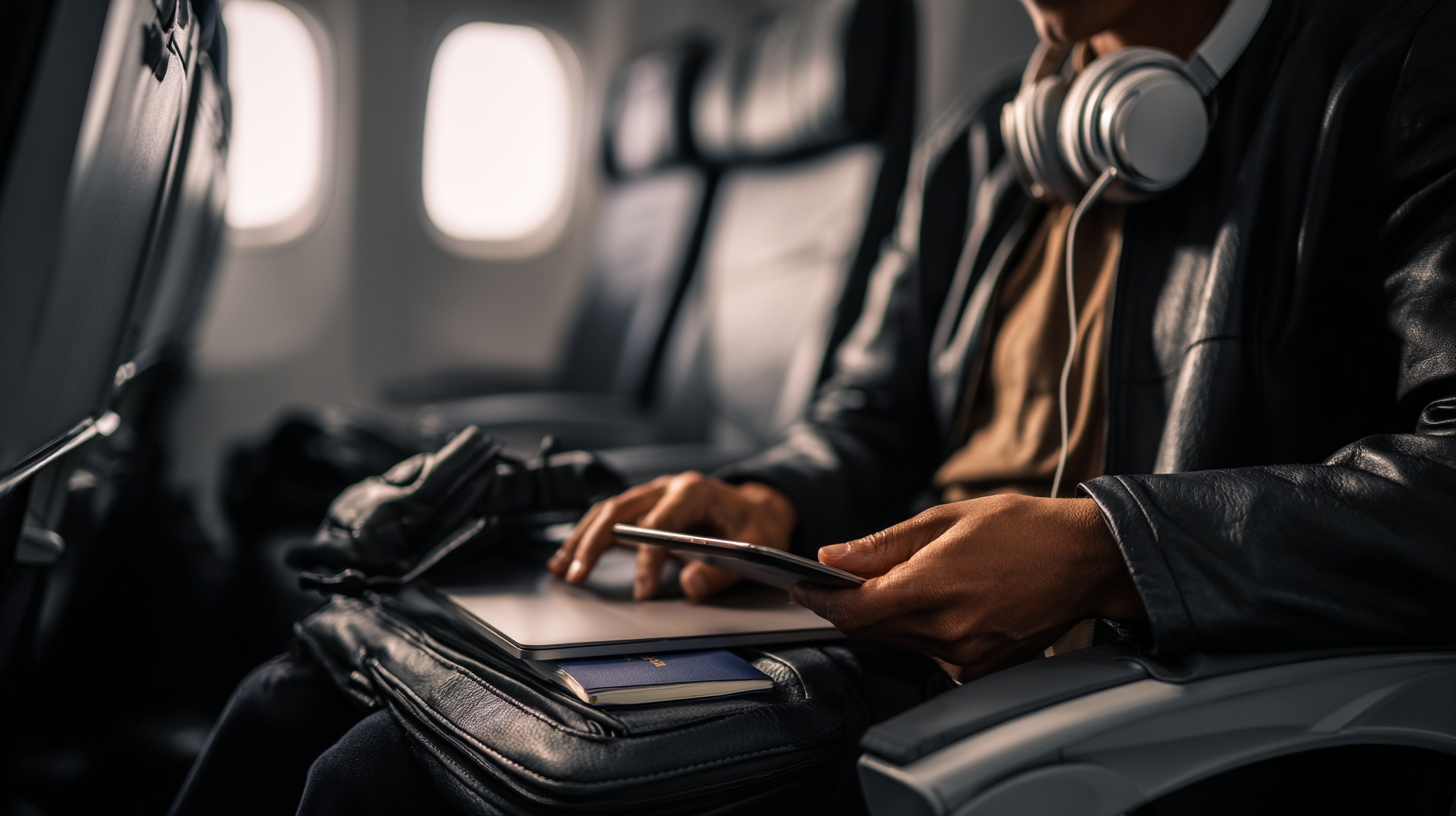Business Travel Essentials for Seat5A Flyers

Business travel has always fascinated me, especially as I see it evolving in real-time. In my own adventures, I’ve witnessed how an overnight trip can lead to a game-changing partnership or spark inspiration for a new product. It’s more than just hopping from airport to airport; it’s about seizing opportunities that only come with face-to-face meetings, fresh perspectives, and hands-on research in different locales. According to a 2024 study from the Global Business Travel Association, over 70% of professionals believe in-person engagements increase the likelihood of forging lasting business relationships.
Defining Business Travel

I’ve come to realize that business travel is any work-related journey taking you away from your usual region—whether you’re heading off to conferences, client visits, trade shows, or even specialized training events. It’s not just for the sleek corporate set; I’ve encountered nonprofit teams, scientists, and military personnel racking up miles for their respective missions. Tax rules typically allow certain deductions for transportation, lodging, and meals during these trips, as long as every expense is meticulously logged and aligned with your organization’s policies.
From my own perspective, the best way to stay on top of these deductions is to maintain a thorough record—down to each receipt and itinerary detail. Some frequent travelers I’ve spoken with prefer note-taking apps that quickly photograph and categorize expenses right in the moment. Others rely on integrated expense reporting tools. Whichever method you choose, consistency remains crucial to avoid headaches during tax season.
Industry data in 2025 shows that travel management platforms are making compliance easier, with automated reminders and real-time currency conversions. If you’re juggling multiple trips or complex itineraries, leaning on these tech solutions can keep you organized while offering accurate insights into your spending.
Why It Matters

No matter how advanced our virtual meeting platforms have become, there’s a certain magic in sitting across from a potential client or brainstorming in the same room as your coworkers. I can attest that conversations flow differently when you’re face-to-face—body language and real-time interaction often spark more dynamic exchanges. That’s why, according to industry data, about 60% of companies plan to increase business travel in 2025 despite economic uncertainties.
In my own travels, the payoff of a handshake or live discussion has been immediate. Whether it’s ironing out complex technical details or seeing hands-on demonstrations of new products, nothing beats being on-site for a critical conversation. These interactions can accelerate decision-making and cultivate invaluable trust between parties, boosting both your career trajectory and your company’s bottom line.
Additionally, I’ve seen businesses use these trips to broaden their networks. Meeting someone at an industry event could lead to a collaborative venture, a mentorship opportunity, or even an unexpected pivot in a project. The intangible benefits of these encounters often outweigh their logistical costs.
Challenges and Solutions

Dealing with all the moving parts of business travel—manual approval processes, piecemeal booking sites, confusing reimbursement rules—can feel overwhelming. I’ve had my fair share of moments scrambling to reconcile an expense claim or find a last-minute ride when flight delays threw off my schedule. Thankfully, automated travel management systems and TMCs (Travel Management Companies) are eliminating much of this chaos.
In one instance, I witnessed a global engineering firm slash its travel expenses by nearly 20% after implementing a unified booking and expense solution. The system caught costly errors in real time, alerted managers to out-of-policy bookings, and swiftly sorted reimbursements. Not only did this lighten the load on finance teams, but it also helped traveling staff focus on their core objectives—meeting clients, closing deals, and learning from industry leaders.
Compliance with IRS regulations can be tricky. I’ve found that proactive education—through quick training sessions or simple how-to guides—can ease the burden. Clarity around what is deductible, how to handle per diem rates, and which receipts must be retained fosters a culture of trust and accountability.
Top Tips for Smart Business Travel

1) Document Everything: I can’t emphasize this enough—receipts, travel itineraries, notes on meeting objectives. Keeping a paper trail is vital for IRS compliance and any future audits. I once met a consultant who stored all her documents in a cloud folder, neatly organized by trip; she’s never had to scramble for records, and her reimbursements are lightning-fast.
2) Embrace Technology: From specialized expense reporting apps to ride-share integrations, the more you automate, the fewer headaches you’ll have. Personally, I find that investing in tools like Ramp or a corporate chauffeur service when pressed for time can lighten the mental load. Automation also syncs seamlessly with loyalty programs, letting you maximize your rewards.
3) Leverage Loyalty Programs: I’ve racked up enough points in the past to enjoy upgraded seats, free hotel stays, and lounge access that made long layovers more bearable. You might not see the payoff right away, but these perks accumulate quickly. A recent industry analysis found that up to 45% of frequent fliers barely tap into half of the rewards they’re eligible for—don’t be one of them.
4) Balance Work and Leisure: Mixing business with a little personal downtime is a great way to explore new places. I love tagging on a free afternoon after a conference to wander local museums or taste regional specialties. Just be cautious with your expense reports—personal adventures should stay separate from reimbursable costs to avoid any confusion.
Final Thoughts

Business travel has evolved into a sophisticated dance of logistics, strategy, and personal engagement. Each trip presents a unique laboratory of ideas, solutions, and cultural experiences. If approached responsibly—both financially and ethically—business travel can become one of your greatest professional assets.
In this interconnected world, I find it exciting to witness enterprises and individuals branching out to make vital in-person connections, forging strong alliances, and fueling growth. With supportive tech solutions and clear-cut policies, the entire experience can remain hassle-free and rewarding.
I encourage frequent travelers and newbies alike to keep researching best practices, stay curious, and never hesitate to innovate. After all, every journey is a chance to level up your career and enrich your life story.
Amelia Yeaher’s Take
From my vantage point, embracing business travel is a thrilling way to experience new frontiers in both aviation technology and human connection. I’ve always believed that exploring different corners of the globe fosters not just professional growth but an expanded worldview, especially when it’s anchored in firsthand knowledge and genuine encounters.
Even in this age of rapid innovation, the fundamentals of trust, emotional intelligence, and shared discovery continue to drive meaningful progress—whether you’re closing a deal or simply sharing a moment of camaraderie on a long-haul flight.






